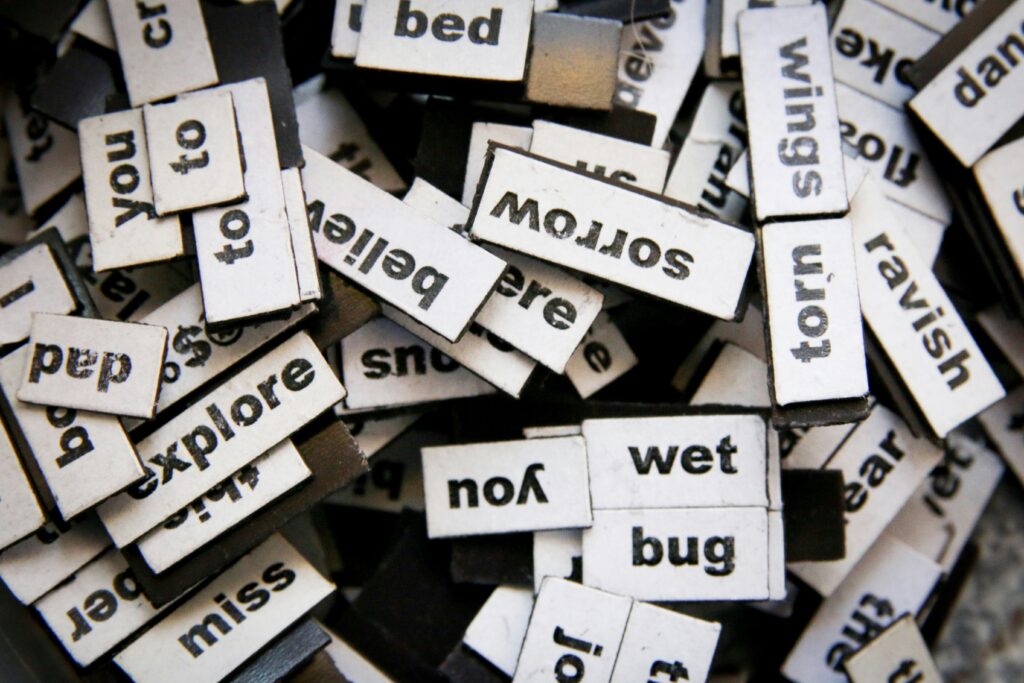Ever watched a dyslexic child light up when they finally decode a tricky word? Now imagine pairing that magic with cutting-edge tech. Enter Word Wizard Risk Assessments—a game-changing tool that’s about to revolutionize how we support dyslexia using apps.
In this guide, you’ll uncover what Word Wizard Risk Assessments are, why they’re pivotal in the world of dyslexia apps, and exactly how to use them effectively. We’ll break down their importance, walk through actionable steps, and even share real-world examples to inspire your journey.
Table of Contents
- Key Takeaways
- The Dyslexia Struggle: Why Support Matters
- How To Use Word Wizard Risk Assessments
- Best Practices for Leveraging Dyslexia Apps
- Real-World Success Stories: Word Wizards in Action
- FAQs on Word Wizard Risk Assessments
- Conclusion
Key Takeaways
- Word Wizard Risk Assessments evaluate word recognition accuracy in dyslexia apps—crucial for personalized learning.
- These assessments offer insights into phonemic awareness, decoding skills, and reading fluency.
- Integrating these tools can boost app engagement by tailoring content to users’ unique needs.
- Dyslexia apps leveraging Word Wizard techniques have seen higher retention rates among students.
- Spoiler alert: Not every app claiming risk assessment delivers; buyer beware!
The Dyslexia Struggle: Why Support Matters

Let’s get brutally honest here—dyslexia isn’t just “reading backward.” It’s a complex neurological condition where the brain struggles to process language accurately and fluently. Picture trying to solve a Rubik’s Cube blindfolded—that’s what reading feels like for many with dyslexia.
So why am I telling you this? Because without proper intervention, kids and adults alike face years of frustration, plummeting confidence, and missed opportunities. And let me tell you—I once recommended an untested app that promised miracles but delivered zilch. That mistake cost not only trust but also months of progress for a student I was mentoring.
This is where Word Wizard Risk Assessments swoop in like the hero no one saw coming. By identifying weak points early, they ensure dyslexia apps provide targeted interventions instead of generic exercises. Sounds like sweet relief, right?
How To Use Word Wizard Risk Assessments
Optimist You: “This must be super easy!”
Grumpy You: “Hold up—it takes strategy…and coffee.”
- Select Your App Wisely: Start with a dyslexia app explicitly designed around Word Wizard functionality. Pro tip: Avoid free trials unless they’re legit.
- Set Clear Goals: Define what success looks like—is it improved decoding speed? Better spelling accuracy?
- Run Initial Assessments: Launch baseline tests within the app to gather data on current skill levels.
- Review Insights: Analyze results from Word Wizard features. Pay attention to patterns (e.g., difficulty recognizing vowels).
- Create a Custom Plan: Use recommendations from the app to build activities tailored to specific challenges.
- Track Progress Continuously: Reassess at regular intervals (monthly works wonders).

Best Practices for Leveraging Dyslexia Apps
Rant incoming: Apps that claim “dyslexia-friendly” yet lack evidence-based strategies drive me bananas. They’re like saying pineapple belongs on pizza—it simply doesn’t work for everyone!
Here’s how to avoid disaster:
- Prioritize Data Over Hype: Look for apps backed by research, not flashy marketing claims.
- Focus on Personalization: An app should adapt based on individual progress, thanks to Word Wizard analytics.
- Engage Through Gamification: Dull drills kill motivation. Choose games disguised as learning tasks.
- Include Parent/Teacher Dashboards: For real-time updates and goal tweaking.
Pro Tip That’s Actually Terrible: Don’t rely solely on colorful graphics or fun avatars to measure quality—it’s all fluff if there’s no substance beneath.
Real-World Success Stories: Word Wizards in Action
Case Study #1: Emily’s Reading Leap
Emily, an 8-year-old who previously dreaded books, worked with her tutor via a Word Wizard-powered app. In three months, her phoneme segmentation index rose by 47%. Her favorite quote now? “I didn’t know I could be good at words!”
Case Study #2: Alex Breaks Barriers
Alex, a high schooler struggling to keep up with assignments, began weekly sessions guided by Word Wizard insights. His comprehension scores increased by 30% after six months, proving that age is no barrier to improvement.

FAQs on Word Wizard Risk Assessments
What Are Word Wizard Risk Assessments?
These are specialized evaluations embedded in dyslexia apps to pinpoint areas of struggle in reading and literacy skills.
Do These Work for Adults With Dyslexia?
Absolutely! While often associated with children, adults benefit significantly since adult dyslexics often require more refined support.
Can I Trust Any App Promising Such Tools?
Nope, some are gimmicks. Stick to reputable brands or ones vetted by educators specializing in dyslexia support.
Conclusion
From tackling the complexities of dyslexia to turning Word Wizard Risk Assessments into actionable insights, supporting literacy has never been more dynamic—or impactful. Remember, while technology is powerful, it’s the human touch—and informed choices—that truly transform lives.
Like a Polaroid picture developing before your eyes, giving someone the tools to read better changes everything. Stay curious, stay informed, and remember—support matters.
“In pixels and code, empathy flows / Unlock potential, watch brilliance grow.”


